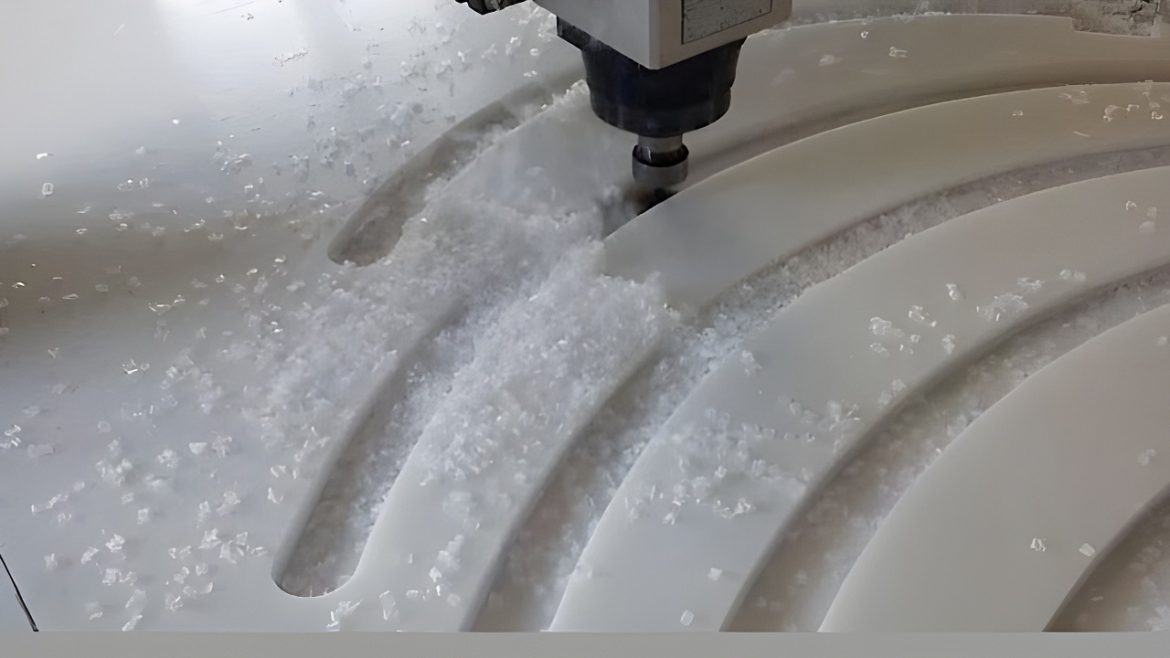In today’s rapidly evolving industrial landscape, precision and efficiency are paramount. Manufacturers and engineers are constantly seeking innovative methods to produce high-quality components for various applications. One such method that has gained prominence is the CNC machining of plastics. CNC (Computer Numerical Control) machining is a subtractive manufacturing process that utilizes computer-controlled tools to precisely shape and create parts from solid blocks of plastic materials. This article explores the numerous advantages of CNC machining plastics for industrial applications. For more details on CNC machining plastics and their suitability for your industrial application, it is recommended to click the provided link.
Precision and Accuracy
One of the foremost advantages of CNC machining plastics is the unparalleled precision and accuracy it offers. CNC machines can achieve tolerances as tight as ± 0.005mm, ensuring that each component is manufactured to exact specifications. This level of precision is crucial in industries where even the slightest deviation can lead to performance issues or product failure. From automotive to aerospace, CNC machining plastics guarantee that parts fit seamlessly and function flawlessly.
Versatility in Material Selection
CNC machining is exceptionally versatile when it comes to material compatibility, making it suitable for a wide range of industrial applications. While plastics are the most common choice, CNC machines can also work with metals, composites, and wood. This flexibility in material selection allows engineers and manufacturers to choose the most appropriate material for their specific application, whether it requires the lightweight properties of plastics or the durability of metals.
Superior Surface Finish
Industrial applications often demand components with a smooth surface finish. CNC machining plastics excel in this aspect, providing a superior finish compared to other manufacturing processes like injection molding or 3D printing. The smooth surface is essential for ensuring that parts work effectively and seamlessly with other components. Furthermore, CNC machining can be used to refine parts that have rough surfaces, eliminating imperfections and achieving a high-quality finish.
Quick Turnaround
In many industrial scenarios, time is of the essence. CNC machining plastics offer a rapid manufacturing solution with quick turnaround times. Unlike processes that require the creation of molds, CNC machining eliminates the need for such initial setups. As a result, CNC prototyping can produce precise plastic components in a matter of days, making it an ideal choice for industries that require a fast response to market demands.
Tight Tolerances
High-precision applications often demand parts with extremely tight tolerances. CNC plastic machining excels in achieving these tight tolerance parameters, surpassing the capabilities of injection molding and other manufacturing methods. This level of accuracy is especially crucial in industries like aerospace and medicine, where components must meet stringent specifications to ensure safety and functionality.
Consideration of Material Properties
When CNC machining plastics, it is essential to consider the properties of the material itself. Different plastics exhibit various characteristics that can affect their machinability. For instance, factors like thermal expansion, heat deflection temperature, hardness, and reaction to moisture and chemicals must be taken into account. Engineers and manufacturers must carefully select the appropriate plastic material based on the specific requirements of their industrial application.
Conclusion
CNC machining plastics have become a cornerstone of modern industrial applications due to their precision, versatility, and efficiency. These advantages make CNC machining an ideal choice for industries ranging from aerospace to automotive, medical, and beyond. By leveraging the capabilities of CNC machining, engineers and manufacturers can ensure that their components meet the highest standards of quality and performance.
